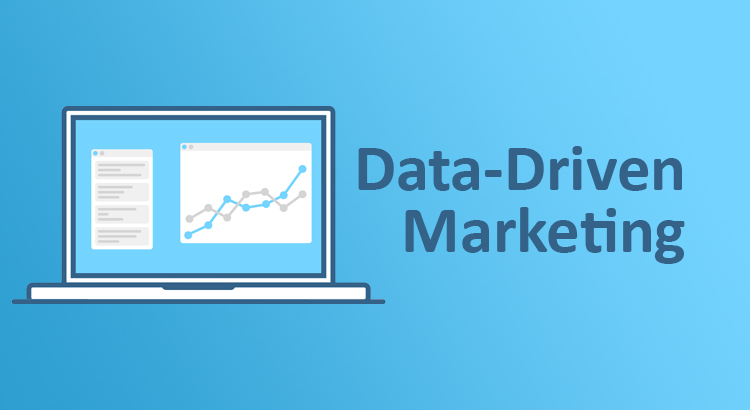Data-driven marketing has revolutionized the way businesses understand, engage with, and cater to their audiences. It’s more than just collecting data; it’s about using insights to tailor marketing strategies effectively. By harnessing the power of data, businesses can enhance targeting, personalize experiences, and ultimately drive higher returns on investment (ROI).
Related Article: 10 Ways to Use Data Science in Marketing
Wat Is Data-Driven Marketing?
Data-driven marketing involves the systematic gathering and utilization of data to inform marketing decisions and personalize customer experiences.
This data encompasses various aspects of consumer demographics, behaviors, preferences, and interactions with brands.
By analyzing this information, marketers can identify trends, predict future behaviors, and create targeted campaigns that resonate with specific audience segments.
Data-Driven Marketing Strategy
Here are the steps to data-driven marketing approach.
1. Collect Data
The foundation of data-driven marketing lies in gathering relevant information about the target audience from multiple sources.
This includes market studies, web analytics, social media research, and customer feedback. The key is to gather diverse data sets to gain a comprehensive understanding of consumer behavior and preferences.
2. Find the Right Marketing Channels
Once data is collected, marketers must identify the most effective channels to reach their target audience.
This involves conducting market research to determine where customers are most active and allocating resources accordingly. Multichannel marketing ensures a presence across platforms where customers engage the most.
3. Create Personalized Ads
Data-driven marketing enables the creation of highly targeted ads tailored to specific customer segments.
By developing detailed buyer personas and segmenting the audience based on their interests and needs, marketers can craft personalized messaging that resonates with individual groups, leading to higher conversion rates and customer satisfaction.
4. Develop a Content Strategy
A solid content strategy is essential for engaging customers across various channels. This includes creating informative blog posts, social media ads, PPC campaigns, and email marketing efforts.
Using tools like content calendars helps in organizing and managing content effectively, ensuring consistent engagement with the audience.
Related Article: Content Marketing: Strategies and Benefits
5. Refine Your Brand
With insights gained from data analysis, businesses can refine their brand identity to better align with customer expectations.
By understanding customer interests and preferences, brands can tailor their offerings to meet evolving demands, fostering loyalty and brand recognition in the long term.
Why Is Data-Driven Marketing Important?
Check out the benefits of data-driven marketing.
1. Enhanced Targeting and Personalization
By leveraging customer data, marketers can create more personalized campaigns tailored to individual preferences, leading to higher engagement and conversion rates.
2. Improved Campaign Performance
Real-time data analysis allows marketers to monitor and optimize campaign performance continuously, ensuring better results and ROI.
3. Higher ROI
Businesses that adopt data-driven strategies experience significantly higher returns on investment due to increased efficiency and targeted resource allocation.
4. Competitive Advantage
Data-driven insights enable businesses to stay ahead of competitors by making informed decisions and adapting to market trends more effectively.
Where to Find a Data-Driven Marketing Agency?
Searching for “top 10 data-driven marketing agencies” on Google can provide a starting point. Also, look for the best agencies online through platforms like social media, directories, and review sites. Then, evaluate each agency’s expertise, portfolio, and client reviews to make an informed decision.
Wrapping Up
Data-driven marketing is essential for businesses to thrive in the digital age. By leveraging insights, businesses can enhance targeting, personalize experiences, and drive higher returns on investment.


